In last week’s newsletter, I shared my 5 top low tox swaps. In today’s post, I want to expand on that list with a few more tips and tricks on how to avoid, or rather minimise, our exposure to everyday toxins, and be kinder to the plant along the way.
I was lucky enough to have Alexx Stuart from Low Tox Life as one of the expert contributors for my paleo program. In our interview, we covered toxins that surround us in our everyday life, and ever since then, I’ve been more conscious about the toxins in my own environment. We put so much emphasis on the food that goes into our mouth, and the exercise that we do, but we often forget that the products we put on our skin, the air we breathe in and the stuff we use in the kitchen, have just as much, if not more, impact on our wellbeing. They can harm our endocrine health, lead to unwanted weight gain or loss, cause breathing problems as well as skin issues like hives, dermatitis, eczema or psoriasis, to name a few.
What can we do about toxins around us
The reality is that it’s impossible to eliminate all toxins from our life – they are in pretty much everything – but there are ways to minimise our exposure. While you might not be able to find ALL natural, chemical-free alternatives for everything you use in your daily life, there are few options out there.
Let’s start by mentioning the worst offenders. Alexx covers a lot more of these in her 30-Day Go Low Tox online course, but the top baddies on her list include: BPA in plastic and often in tinned food lining; phthalates found in fragrances used in beauty products and candles; quaternary compounds found in fabric softeners; formaldehyde found in some cleaning products, floor polishes and nail polishes; aluminium starch octenylsuccinate found in cheaper powders, foundations and lipsticks; butoxyethanol found in skin moisturisers (it’s actually a skin irritant); coal tar found in mascara and eyeliners; parabens found in mainstream personal care products. In food, watch out for artificial flavours and colours, and MSG.
I have been swapping to more natural, chemical-free products over time, and here is a list of my personal favourites, as well as some tips and tricks you can use to get your life less toxic. I am not sponsored by or affiliated with any of the below brands.
My (more) natural skincare routine
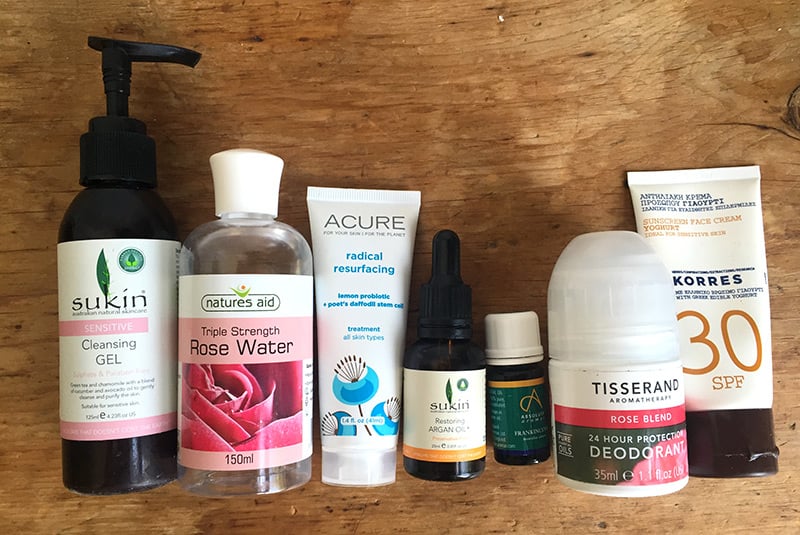
My personal care routine has been evolving over the years, and from time to time I switch between different products. This is what’s working for me right now. I have combination skin (oily T-zone, prone to minor breakouts during those times of the month), and I am now in the second half of the ’30s, so I am naturally concerned with the ageing of the skin and so on. From left to right:
My daily cleanser, which I use at night only, is Sukin’s Cleansing Gel for sensitive skin. I love the Sukin brand as their products are quite natural and affordable. I’ve tried other cleansers, but this is the one that makes my skin feel clean but not dried out or irritated in any way. Some people use oil to cleanse their skin, but I just love the sparkling clean feel after using an actual cleanser.
Pure rose water, which I use as my toner. It’s fantastic for balancing and softening the skin.
Acure Radical Resurfacing Cream with lemon probiotic and poet’s daffodil stem cell. It works to reduce the appearance of facial hyperpigmentation, trouble spots and blotchiness. Hello Aussie sun lovers! use this at night before I put on my skin moisturising oil. I buy this on Amazon but it’s available in a few online stores.
My favourite sunscreen. I’ve discovered Korres Yoghurt SPF 30 sunscreen cream this year and I’ve fallen in love with it. It’s not cheap, so I mostly use this for my face, neck and hands, but it smells delicious, contains natural ingredients and is non-greasy. It’s not always easy to find, but if you do, GET IT. It’s fabulous.
My go-to body moisturiser is coconut oil, which we add to our baths along with some Epsom/magnesium salts. I’ve switched to more natural shampoos (I like Sukin brand as well) and we love Weleda body shower gel.
Setting up a less toxic kitchen
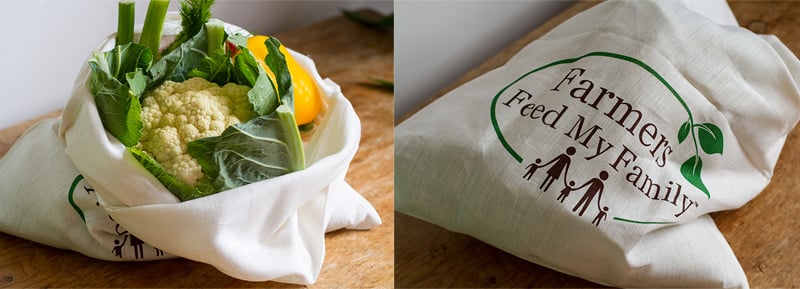
Plastic Tupperware. I’ve invested in glass containers a long time ago, and I recycle jars from condiments and foods I buy for the pantry. BPA-free and good for the planet!
Non-stick frying pan. Again, the coating is full of harmful chemicals, so I’ve swapped to a ceramic non-stick frying pan that I really love now. There are many brands on the market. I like Green Earth Frying Pan by Ozeri.
Water jug filter. Tap water quality will differ dramatically depending on where you are, but for the most part, you might want to be aware of tap water in highly populated urban centres and big cities. Water filter jugs are not too expensive and I’ve had one for the last couple of years while living in London. I use the Brita brand, and from the research, I’ve done the BPA is not an issue with their products. I would love to get a glass filter jag though, so if you know of any, please leave a comment below.
Vegetable storage bag. You know how you get a bunch of veggies and they don’t all fit in your fridge crisper drawer, so you end up storing them in various plastic bags. Well, a natural fabric bag is a much safer and more sustainable way to go. It keeps your veggies fresher for longer, and you avoid toxic plastic.
Kitchen & laundry cleaning products. I do buy the more natural products from the supermarket, and here in the UK, I use Ecover brand. I am not sure it’s the best out there, but that’s what I use for our dishwashing and laundry liquids. I use Bentley Organic brand as our kitchen and surface cleaner, however, I often make up my own DIY spray bottle of half water, half vinegar or lemon juice, and 20 drops of essential oils of choice. This is the easiest non-toxic multi-purpose spray for cleaning. I use bi-carb soda with some vinegar to clean my stove top. Here is how to make your own fabric softener, from Everyday Roots.
We don’t use air fresheners but have a natural candle in the bathroom and some matches. Essential oil diffusers are also great.
We have a few household green plants in the house and we try to open the windows to air out space as much as possible.
We buy certain fruit and vegetables organic (learn about the Dirty Dozen here), and if not, I always make sure to wash the produce really well to avoid any pesticide residue.
There are still a few things that I want to swap and learn about, and as part of my continuing education in this area, I am planning to take Alexx’s 30-Day Go Low Tox online course in October. I am particularly interested in learning more about ethical and low tox fashion (anyone knows a good brand of jeans?), makeup ingredients to watch out for, dust and mould effects and how to deal with those, and heavy metals (these are all covered in the course).
If you’re interested in learning more about everyday toxins and how to avoid them, check out this course – it kicks off mid-October. Just an FYI, that the link to the course is an affiliate link, but I wouldn’t recommend this course if I myself wasn’t doing it.
What natural swaps have you made recently? Share your tips and tricks below in the comments.

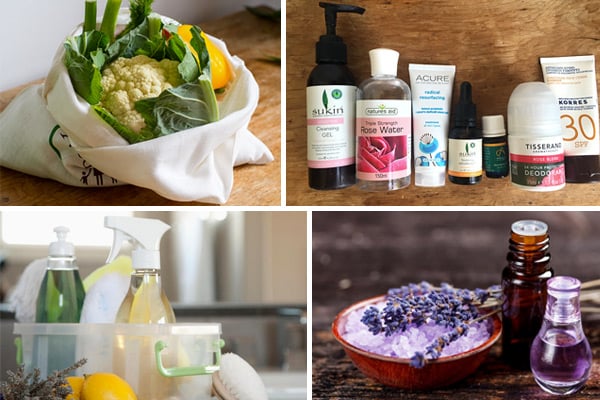

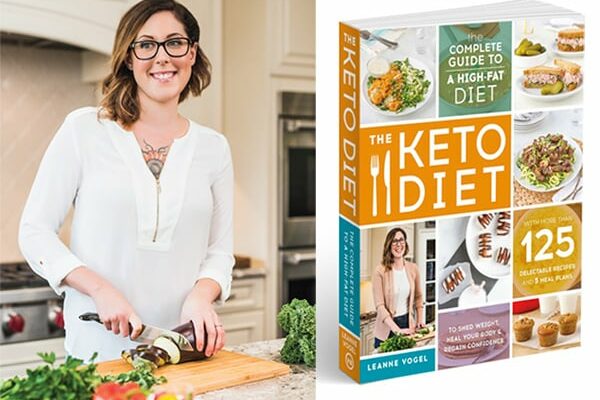
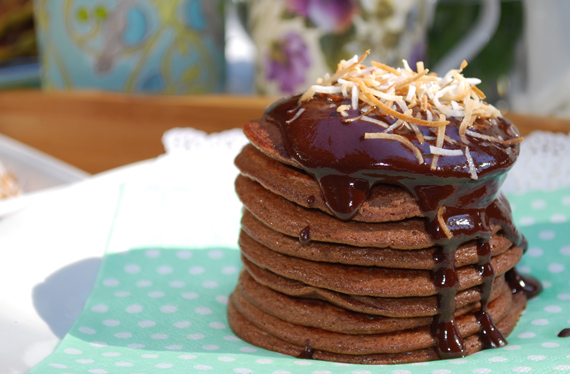
Yay for living a life less toxic! I’m a huge fan of Alexx’s program and it’s definitely worth doing the course. Sukin is better, but it still does contains a few nasties, which I learnt through the course/group. Sorry to burst your bubble, but so many brands are excellent at greenwashing. You quickly learn “natural” can mean anything (the definition itself is so broad) and how to navigate which brands are truly good. Nourished Life is so vigorous with their testing and what they sell – it’s my one-stop, no-tox shop where I can shop with ease and peace of mind.
P.S. I made your Sticky Chicken Drumsticks the other night and everyone loved them! Thanks for yet another great recipe.
Thanks for sharing this article..
Thank you so much for sharing.